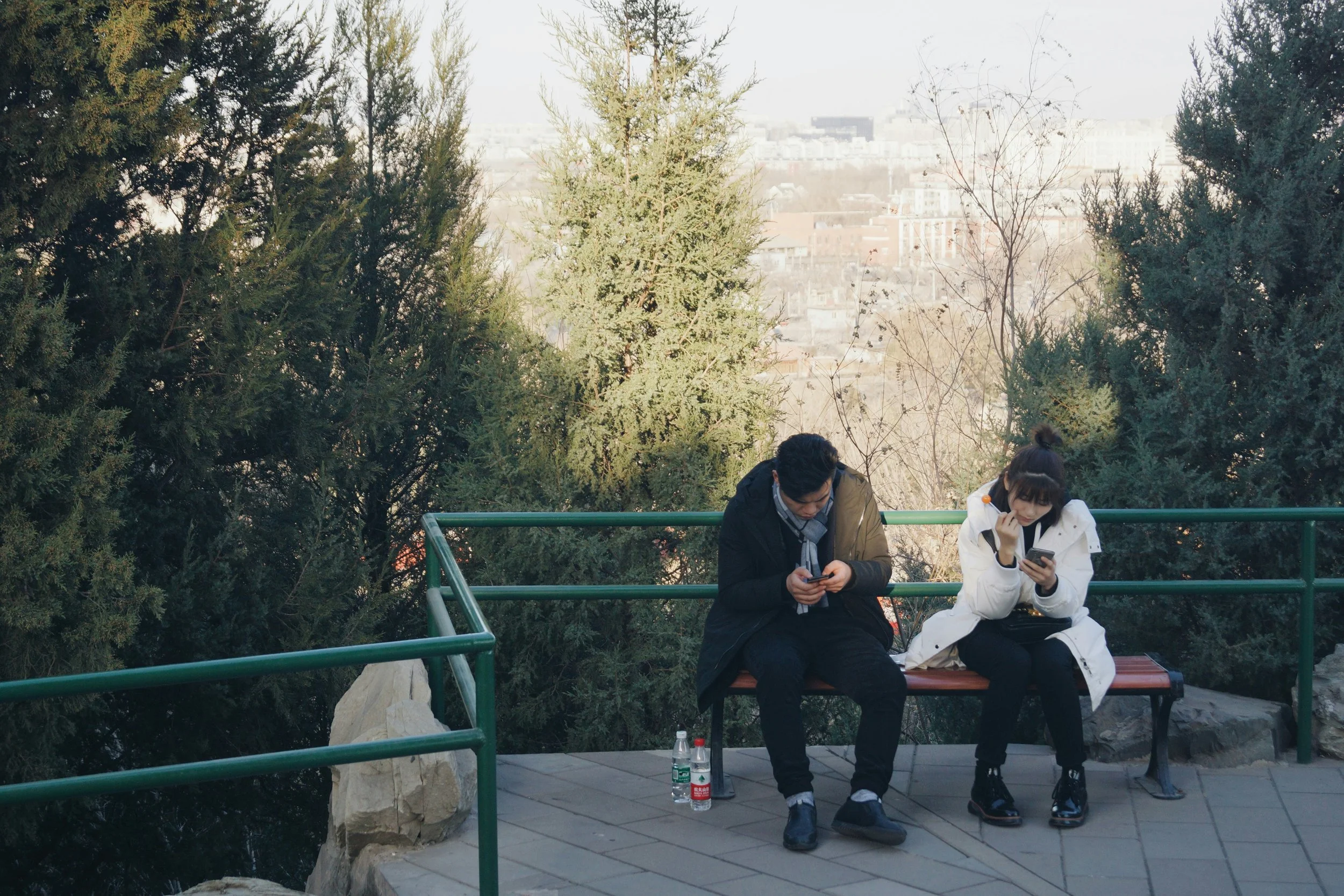In therapy, I frequently work with couples who have focused on togetherness and might have neglected separateness, or vice versa. We can spend so much time and energy strengthening our relationships that our own individuation can get neglected. Here’s some of what I’ve learned from working with couples
Cycle of Narcissistic Abuse
For those in a relationship with someone who has narcissistic tendencies or NPD – whether a parent, partner, or close friend – the experience can feel captivating, destabilizing, and difficult to navigate. Long-term relationships with these individuals can leave a profound and long-lasting effect.
The Importance of Social Connection
In our fast-paced, technology-driven world, it can become easy to lose sight of one of the most fundamental aspects of our human nature—social connection. As social creatures, we are biologically wired to connect with one another, create strong bonds, and form lasting relationships.
Nurturing Friendships
I often use Gottman’s Sound Marital House as a framework to help couples build strong, healthy relationships. This theory breaks down into several key components that can enhance connection and resilience. One skill that stands out to me is Shared Fondness and Admiration, which involves openly expressing appreciation and respect for your partner (or friend).
Flexibility In Friendships
A common struggle for many of my clients in their 20s is navigating friendships. This includes friendship conflicts, growing apart, reassessing the closeness of the friendship, and defining what types of friendships feel fulfilling in which ones feel draining. In these conversations, we explore the importance of flexibility in friendships and why it becomes so much more pertinent during this life stage.
Making Deeper Connections
I hear clients talk about wanting to build a meaningful community and deeper connections within their relationships. However, this can be tough when dynamics already feel set in stone in long-term friendships, and you’re only starting to chip away at the relationship with yourself to get to your core. After all, the most important and long-lasting relationship we form is with ourselves!
Toxic Positivity
Have you ever confided in someone about a vulnerable topic, only to be met with some variation of “Don’t be sad” or “It’ll be okay!” While well-intentioned, these responses can be more harmful than helpful.
A couple of weeks ago, I realized I was in a funk. I started sharing my experience with a friend after working up the courage to ask for support, who immediately launched into a very cheery explanation of everything that makes her feel better that ended with “You’ll feel better in no time!” After the conversation, I was left feeling withdrawn and confused. Why had this made me feel worse? The advice she gave me (journaling, positive affirmations, headspace shifting, and exercise) was exactly what I would and have recommended to clients and friends. On top of that, I know she was trying so hard to help me and I felt ungrateful. The problem was, I KNEW all of the advice she gave me already, but it’s really hard to “just shift your headspace” or “just think positively” when you’re struggling to get out of bed. Whether or not it was her intention, the subtext I heard was that the way I was feeling was a choice I was making and I should just snap out of it.
When I first heard the term “toxic positivity,” it felt like an oxymoron. How could positivity be toxic?
Conflict in Friendships
The first big heartbreak of my life was a friend breakup when I was 16. The story is about as classic as it gets: childhood friends, awkward middle school years, different high school friend groups, and a crippling fear of confrontation coupled with a need for acceptance. You can imagine the betrayal I felt when I soon learned she had a birthday party the previous week and told people not to mention it to me. However, instead of expressing my hurt and embarrassment, my 16 year old self simply stopped being friends with her and never told her why. I think back to this friendship often and wish I had the tools to share my feelings and gain some sense of closure and understanding. In reality, however, I’m not sure if many of us have tools that are much more effective in handling friendship conflicts in adulthood!
Here are 5 tips for working through conflicts in adult friendships that we may have never learned:
Adult Friendships
When we’re younger, we have the built-in structure of school to introduce us to other children and adolescents our age. And let’s face it, adults can be more judgmental and closed-off than most children. The fear of judgment or rejection stops so many of us from putting ourselves out there, thus watching friendships dwindle in adulthood is incredibly common. However, we still need friendships now as much as we did as children.
When I googled “adult friendships”, the three most searched questions that came up were “Is it normal to not have friends in adulthood?” “Is it harder to make friends as you age?” and “How do 25-year-olds make friends?” These questions are so frequently Googled and so infrequently asked IRL. So why are so many of us experiencing this trend, and what can we do?














